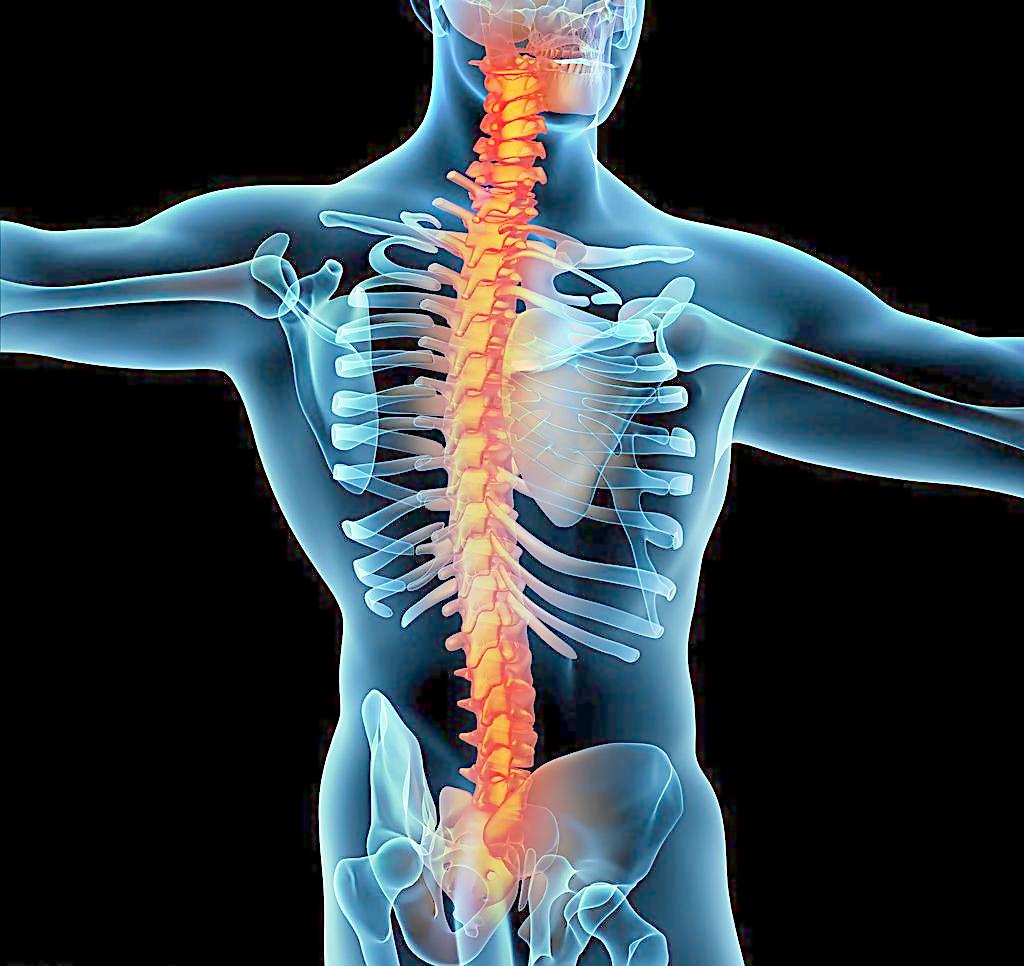Mini Drug Factory Churns out Drugs from Inside Bone
骨骼里的小型藥品廠能生產各種藥物
Imagine never having to take a pill again. Instead, mini drug factories hidden inside your bones, and made from your own immune cells, would churn out personalised drugs and other molecules designed to keep you fit and healthy. Such a factory has been created in mice, and could soon be tested in humans to treat HIV.
想象一下你再也不用去吃藥丸,取而代之的是你骨骼里的小型藥品工廠,該工廠是由你的免疫細胞制造,它將生產出個性化的藥物和其他分子來保持你的健康。這樣的工廠已經在老鼠身上實現,很快就可以在人體上接受檢驗來治療艾滋病毒。

"We want to turn people's cells into drug factories, giving them the genetic information they need to produce their own treatment," says Matthew Scholz of Immusoft in Seattle. Immusoft is focusing on B-cells, a component of the immune system. One of their roles is to produce antibodies against infections or unwanted foreign substances such as toxins. In 2009,David Baltimore and colleagues at the California Institute of Technology in Pasadena showed that stem cells from bone marrow could be engineered to develop into B-cells that made antibodies against HIV.
西雅圖Immusoft公司的馬修·肖爾茨說:“我們希望將人體的細胞轉化成藥物工廠,給予它們需要的遺傳信息以創造出它們自己的治療方法。”Immusoft公司專注于B細胞研究,B細胞是免疫系統的一個組成部分。其角色之一就是產生防止感染或有害外來物質,如毒素的抗體。2009年,帕薩迪納市加州理工學院的大衛·巴爾蒂莫和他的同事表示,骨髓中的干細胞可以被用來發展B細胞,從而形成HIV抗體。
The Immusoft researchers have built on that work, extracting immature B-cells from human blood and treating them with a virus that inserts the genetics code for a new protein. When the modified cells were injected into the bloodstream of mice, some migrated to the bone marrow. Her they began making the proteins they had been engineered to make a class of so-called broadly neutralising antibodies against HIV. "I think this is potentially very important," says Carl June at the University of Pennsylvania, Philadelphia, who has been engineering another part of the immune system, T-cells, to fight HIV.
Immusoft的研究人員以這一研究為基礎,從人血中提取未成熟的B細胞,并把它們與病毒插入基因代碼,獲得新的蛋白質。當修改后的細胞注射到老鼠的血液中時,一些細胞遷移到骨髓。現在它們開始制作已經設計的蛋白質。美國費城賓夕法尼亞大學的卡爾在6月份時說:“我認為這可能會非常重要。”卡爾一直在建造另一部分的免疫系統--T細胞--用來抗擊艾滋病。
"But whether this has clinical use depends on the efficiency of gene transfer, expression and secretion of the antibody, and most importantly the level of secreted protein in body fluids."
他說:“但是這是否有臨床用途,取決于基因轉移、表現和抗體的分泌,最重要的是體液中分泌性蛋白的水平。”












